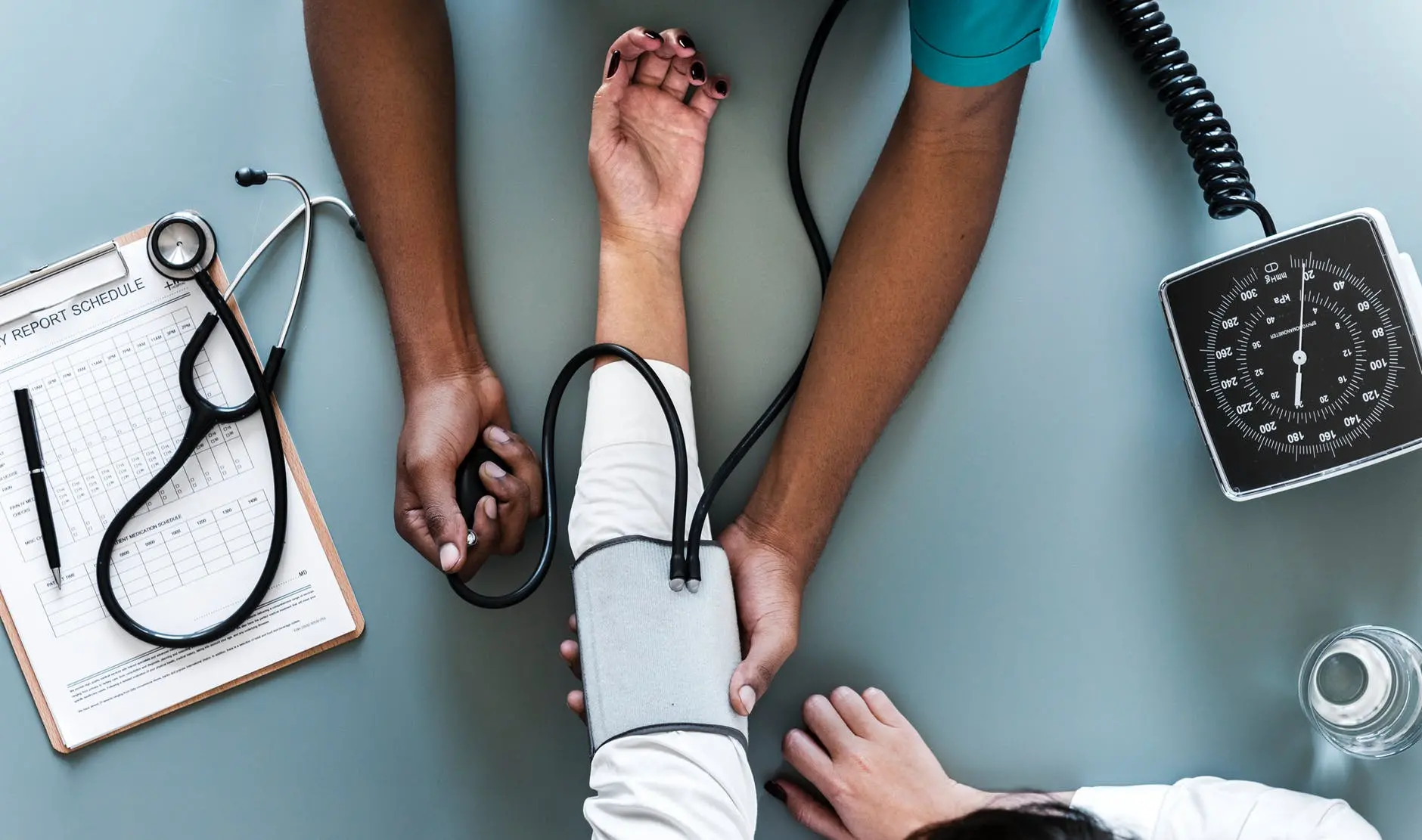Today, we see the outrage over the misuse of data for nefarious means. Platforms such as Facebook have become vilified for their potentially complicit behavior in supplying these data for powerful analytical engines such as Cambridge Analytica. And in turn, these engines—and their operators— have transformed from in-demand oracles to demons of epic proportions.
Yet data is still at the core of today's innovation—from consumer electronics to clinical medicine. The big data toothpaste is out of the tube and there's really no putting it back, however bad that taste might be.
In fact, the good old physical exam is the primary "data entry" of medicine and through inspection, percussion, palpation, and auscultation we begin to make data meaningful and uncover the subtle and over aspects of health and disease. The advances in data science will only help make this physical exam more robust and valuable to care.
But along the way, we stumble. Sometimes it's a skip and other times, it's a catastrophic fall. A recent article in MIT Technological Review pointed out this precarious balance between innovation and data protection and how data science itself might also be a tragic victim of these events.
Medicine sits at the center of this discussion. From aspect of privacy protection to the misuse of data to exploit conditions and diagnoses for a wide variety of untoward gains, our health data is a valuable resource. The complex discussion around ownership, from my perspective, points to the patient. The ownership of data comes with responsibility—and that's the responsibility to share, or at least to consider it. A fundamental truth is that as technology and advanced medicine helps manage end-organ disease, we are evolving to be less of an organ donor and more of a data donor. Our data will help define us and in the process, help save our lives.
Data is the drug.
Data is the driver.
Data is the dilemma.
It comes as no surprise that data can be a very scary thing. And that reality can be magnified by the realization that we are actually at the very beginning of this data revolution. The insights and innovations that emerge from the bits and bits empowered by artificial intelligence will certainly take its toll and the consequences will be enormous. We will see data help diagnosis cancer, expand the power of the physical exam, establish new causal relationships from environmental espouse, evaluate complex physiologic data sets, suggest and recommend clinical trials, and even help comfort us.
Data isn't the demon.
While we urgently download our Facebook data, disconnect our social media accounts, change our search engine preferences, and disengage various apps, let's be mindful of role of data in our lives. We don't need a "data witch hunt" where a regressive posture clings to the perception of a safer or better past. That reality is long gone. Technology, data analytics, and alike define and are defining our future. The corruption of innovation, and data is real. And there's no denying that the problem must be managed. But let's manage the problem without destroying that basis for important and life-saving innovations that tackle those real demons that we call disease.
A version of this article first appeared on Forbes.



Leave your comments
Post comment as a guest